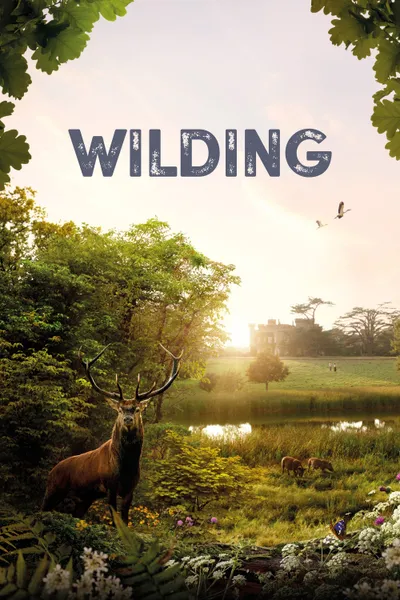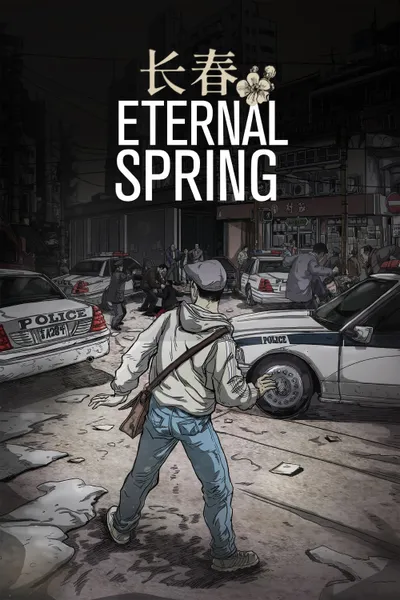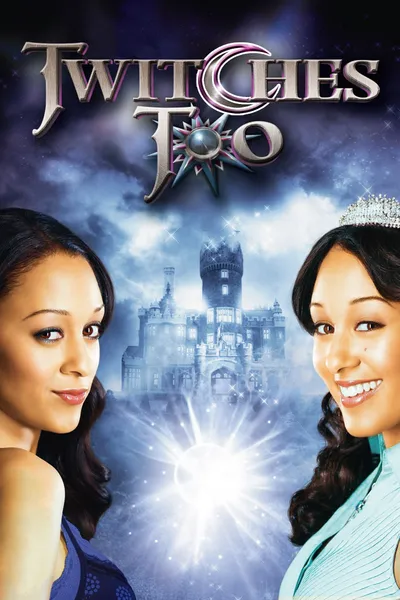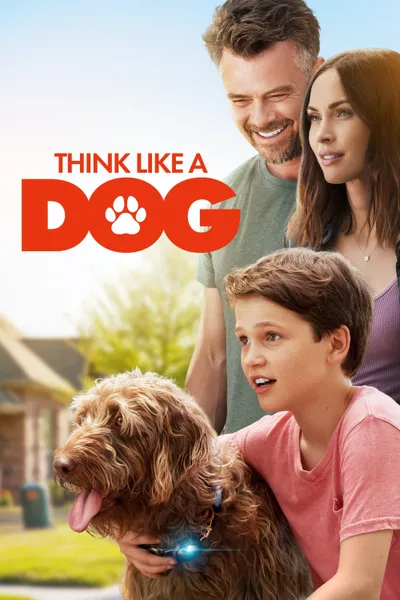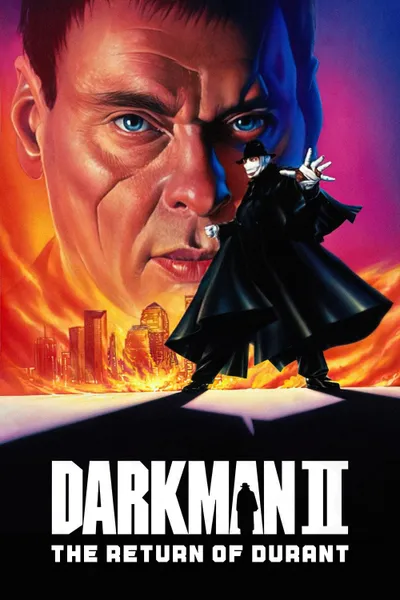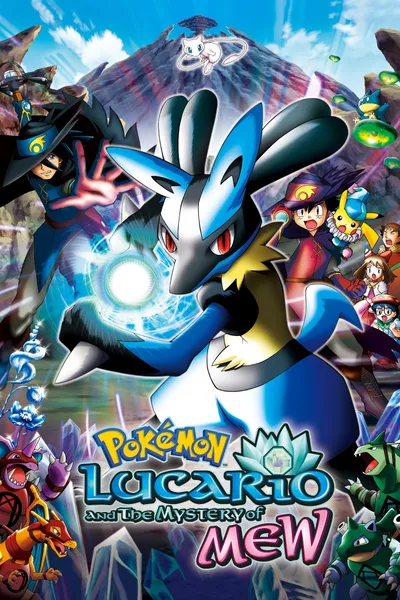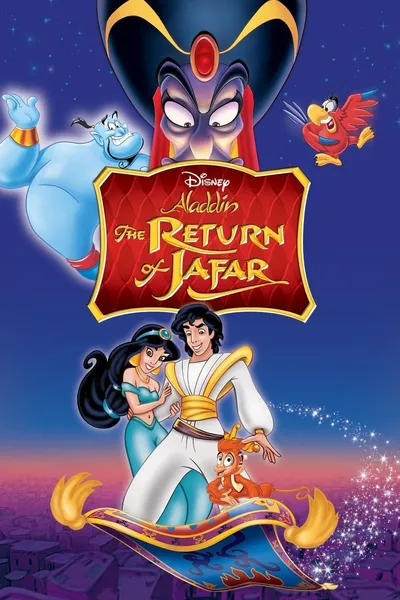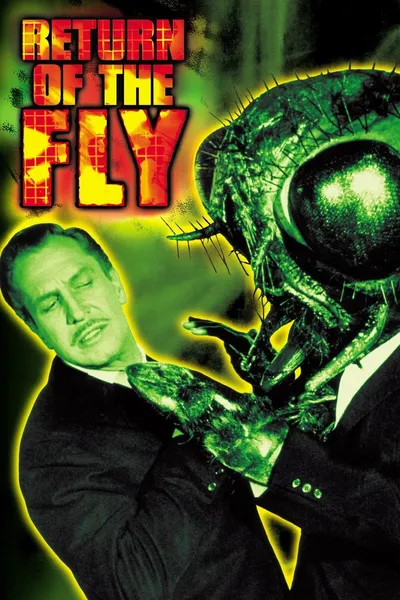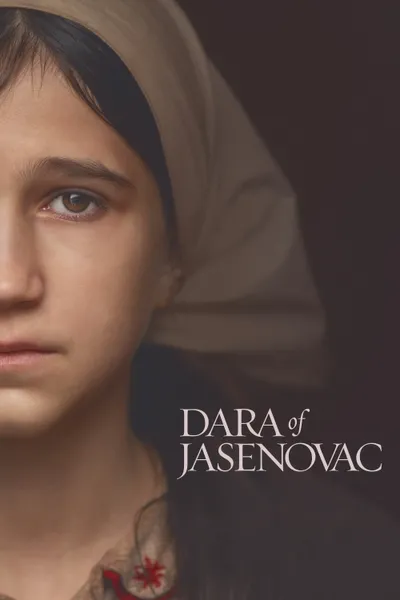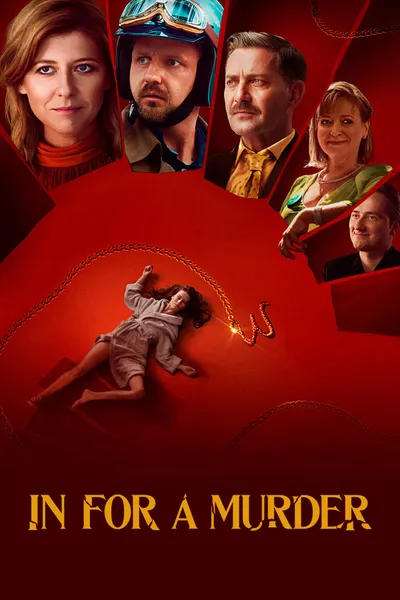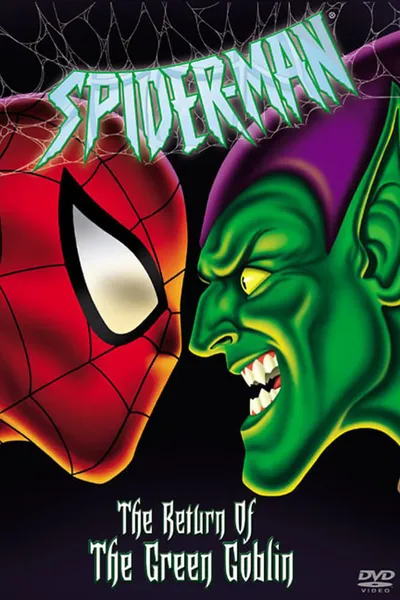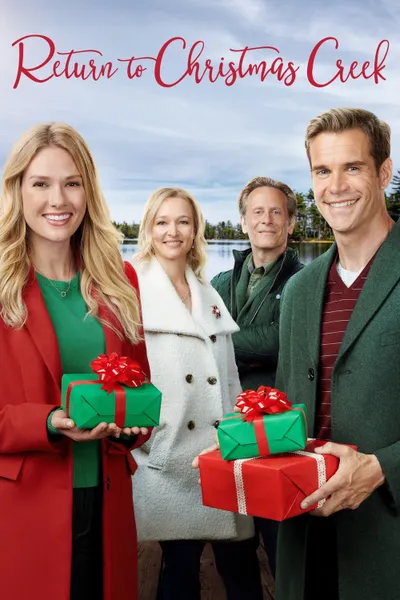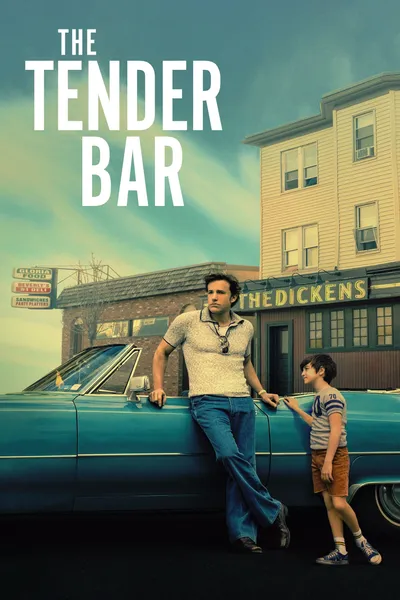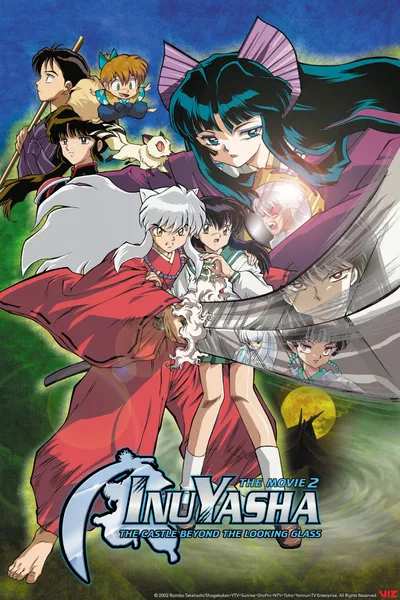Reviews

CinemaSerf
June 17, 20247.0
There's something quite fascinating about the recuperative ability of the land to recover from centuries of man's abuse displayed in this documentary. Isabella Tree and husband Charlie have inherited a country estate that can barely manage to grow weeds. The soil is knackered and desperate action is required. They hit on the fairly radical idea of abandoning the place to nature (except their front lawn!) and the film now follows the reclamation of this space by birds, bugs, deer, pigs, cattle - creatures that would have roamed the land freely a few hundred years ago. They even bring in storks! It's a stunning piece of photography to look at, but the underlying narrative is really quite weak and I found it allowed sentiment to overrule the one thing it fails to address - scalability. They live in a castle with no evident money worries. None that we are told about, anyway. So this looks like a worthy pet project that though laudable and impressive will, as one of their neighbours raises at a meeting, not feed the nation. When the vast majority of these complementary farming techniques were in use, the population of the UK was probably less than 10% of what it is now; malnutrition and starvation were rife and distribution methods, without refrigeration, left the food supply subject to the vagaries of the weather. What this doesn't address in any way is just how this method of nurturing the land is going to provide for an hungry population. It's largely presented by Isabella Tree herself, and she is an engaging individual but one who presents the most complex of arguments in far too simple a fashion - as if it were a lecture on the relative merits of organic methods without addressing in any way their limitations of their practicalities or economics. "Duncan" the horse and a few of the pigs have some great fun at a charity polo match and it is a very watchable film - but a little too light and fluffy.
Recommendation Movies
Eternal Spring2023
Twitches Too2007
Think Like a Dog2020
Darkman II: The Return of Durant1995
Pokémon: Lucario and the Mystery of Mew2005
Secret Magic Control Agency2021
Welcome to Sudden Death2020
The Return of Jafar1994
WrestleMania 37: Night 12021
Return of the Fly1959
Just Say Yes2021
Dara of Jasenovac2020
A Royal Christmas2014
In for a Murder2021
Spider-Man: The Return of the Green Goblin2002
Return to Christmas Creek2018
The Tender Bar2021
Christmas Wedding Planner2017
The Princess Switch: Switched Again2020
Inuyasha the Movie 2: The Castle Beyond the Looking Glass2002
© 2025 MoovieTime. All rights reserved.Made with Nuxt
